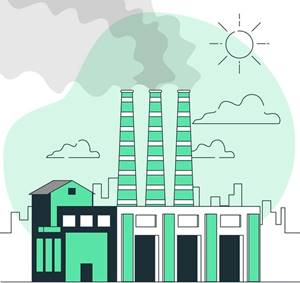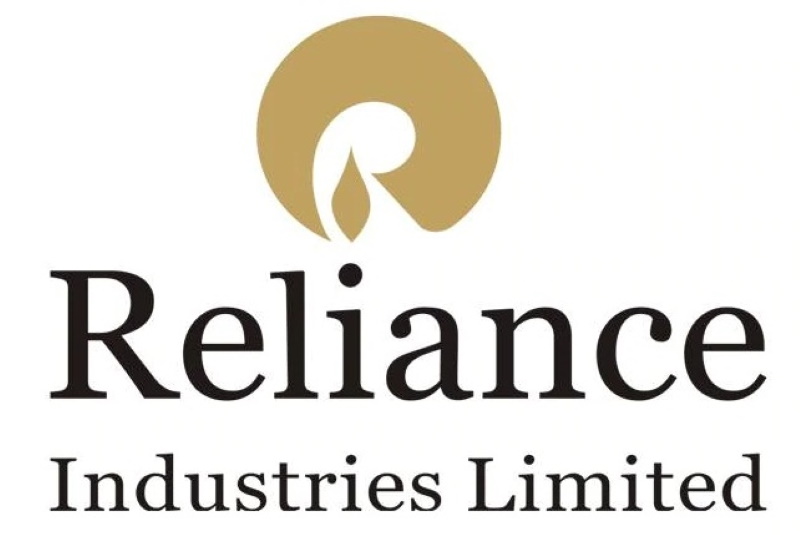
Table of Contents
What is the Industrial Goods Sector?
The industrial goods sector is part of the Manufacturing sector which includes companies that produce vehicles, machinery, steel, foodstuffs, chemicals, etc.

It is one of the three major economic sectors globally, with INR 53.25 lakh crores of the production value. This sector is a key contributor to the GDP of most countries.
Industrial Goods Sector Examples
It is an important sector in the world of business. It includes all activities that are related to supplying goods and services to the Industry. They produce goods for other sectors as well, such as construction materials, machinery, transportation equipment, and other consumer products. Some examples of products in this sector are healthcare products, chemicals, pharmaceuticals, food items, Raw Materials for manufacturing, machinery parts, and much more. It includes anything with a material component, be it metal, plastic, silicon, food, etc.
Measuring Industrial Goods Performance
The Industrial Production Index (IPI) can assess and forecast the industrial sector's health. It is a monthly macroeconomic indicator that measures manufacturing, mining, and utility output. Compared to GDP, IPI is a more reliable indicator of industrial performance. It excludes retail value-adds.
Overcapacity of industrial outputs indicates weak demand, which is bad news for manufacturers. On the other hand, a high-capacity utilisation indicates strong demand and sector growth. There are also stock indices that track industrial company performance.
Industrials, chemicals, construction and materials, and general industrials are included in the Nasdaq Industrial Index (INDS). Notably, the indices do not cover all companies in the industrial goods sector.
Talk to our investment specialist
Industrial Goods Sector Businesses
The Industrial Goods industry is diversified, as it includes a wide Range of businesses with various business models. This sector of businesses is characterised by low margins, high prices, and long periods from start to finish.
Some examples include large-scale automakers such as Toyota and General Motors or technology companies like Amazon or Apple. Manufacturing is the largest sector in this industry wherein companies produce goods for an end-consumer or for other businesses to sell or distribute to end-consumers.
How to Invest in the Industrial Goods Sector?
The industrial goods sector is one of the most profitable industries. The segment has excellent investment opportunities but also carries a high risk of failure. There are five different approaches to Investing in the industrial goods sector. Investors can determine which method is best for them and create an investment strategy accordingly. The methods include:
- Buying shares in established companies
- Investing in startup companies
- Investing with crowdfunding platforms
- Investing with venture Capital
How does the Industrial Goods Sector Work?
Many sectors are involved in this sector like manufacturers, distributors, retailers, service providers, suppliers, etc. These companies work together to create a product or service which can be marketed to consumers. Industrial goods are designed to have a high capital investment cost, so it helps these companies to develop new technologies and invest in new ideas for future products or services.
Industrial Goods companies need to ensure the quality of their product. For this, they have other set standards such as meeting quality control standards, meeting strict deadlines, providing the correct information about their products, and providing accurate data for other purposes.
Advantages and Disadvantages of Investing in the Industrial Sector
The industrial sector is a major part of the global Economy. While this sector has many pros, it also has some cons. Jotted down below are both of them:
Pros
- Lower risk for investors (minimal correlation to financial Market)
- Industrial stocks are more stable than equities
- Industrial sectors provide steady returns over long periods
- The manufacturing industry provides employment in places that might not otherwise have jobs
- Many industries have high ROI
Cons
- Higher Volatility (industrial stocks are more volatile than other types)
- Less liquidity in these sectors (the shares can be difficult to sell)
- Uncertain and involves risk
Conclusion
The Industrial Goods sector is a broad category of manufacturing, mining, and construction industries, among others, that is constantly evolving. The continually changing nature of the industry has created many challenges that companies in this sector are constantly facing. The future for this industry will come with more innovations and changes than ever before.
All efforts have been made to ensure the information provided here is accurate. However, no guarantees are made regarding correctness of data. Please verify with scheme information document before making any investment.












